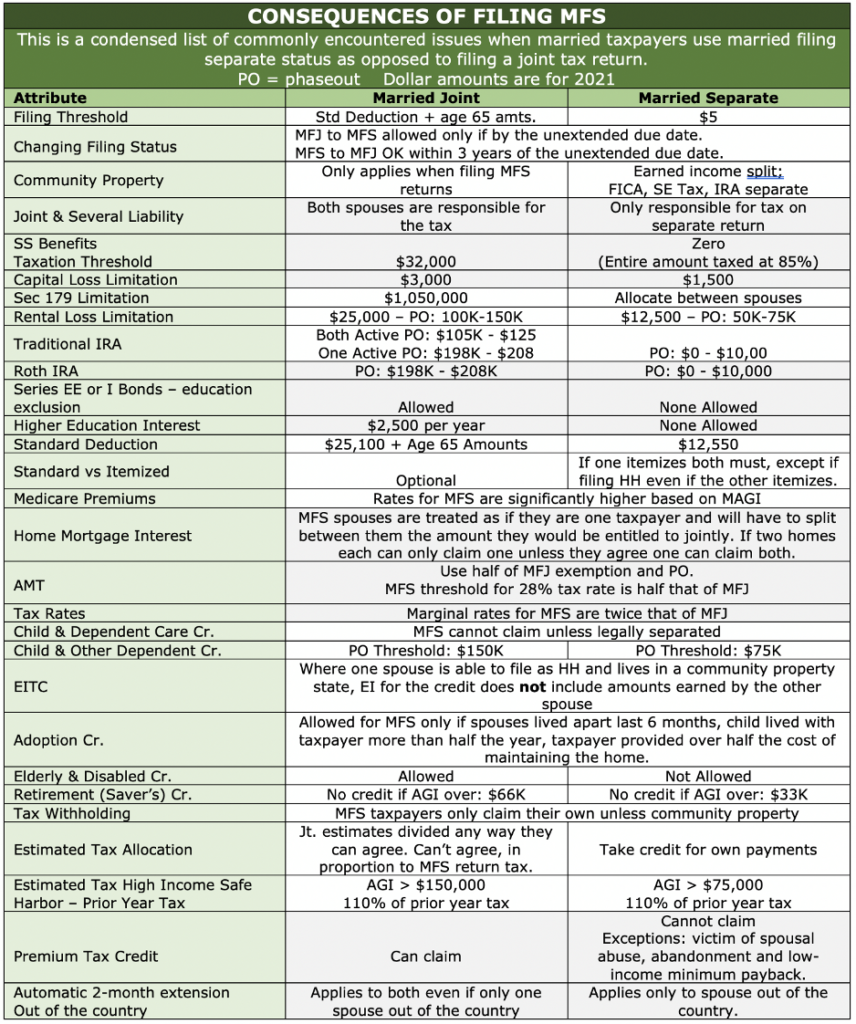Most weddings planned for 2020 were delayed because of COVID, causing a big upswing in the number of weddings in 2021. Although tax issues are the furthest thing from their minds during this big life-changing event, newlyweds should know how tying the knot can affect their tax situation. There are actions they need to take to avoid problems and unfortunate tax surprises. If you are newly married, here’s a checklist of “to do’s” to help you:
You’ll also need to tell your employer of your name change so that your name and Social Security number on the W-2 form your employer issues will match the SSA’s records. This is important so that your earnings during the year and the payroll taxes you’ve had withheld are properly credited to your SSA account.
To change your address with the IRS file Form 8822, Change of Address. Instructions on how and where to file are included with the form. If your state also has an income tax, check the website of the state’s tax department for a change of address form. Because the IRS is so backed up due to COVID, it might even be appropriate to pay the post office a little extra for their proof of mailing service just in case you should need it.
Also, notify your employer(s), financial firms, retirement payers, etc., of your new address.
If your new spouse is a non-resident alien, the law requires you to file a married separate return unless you and your alien spouse both elect to file a joint U.S. return reporting world-wide income. This decision can have a profound impact on your tax liability, and you should discuss the ramifications with this office before deciding.

Joint and Several Liability – There is always the possibility that one party to the marriage may owe back taxes, child support, or alimony from a prior marriage. If the newlyweds subsequently file a joint return each of them is legally responsible for the entire liability. Thus, any joint tax refund can be seized to satisfy those liabilities and is something that should be considered when making the filing status decision.
Beware of Tax Scams - All taxpayers should be aware of and avoid tax scams. The IRS will never initiate contact using email, phone calls, social media, or text messages. First contact generally comes in the mail.
If you need assistance completing your new W-4s, adjusting estimated tax payments, determining which filing status is best for you or other tax issues related to getting married, please